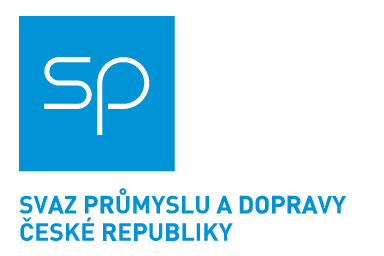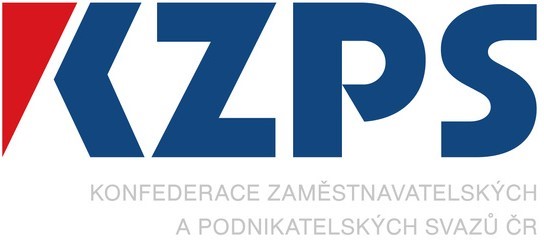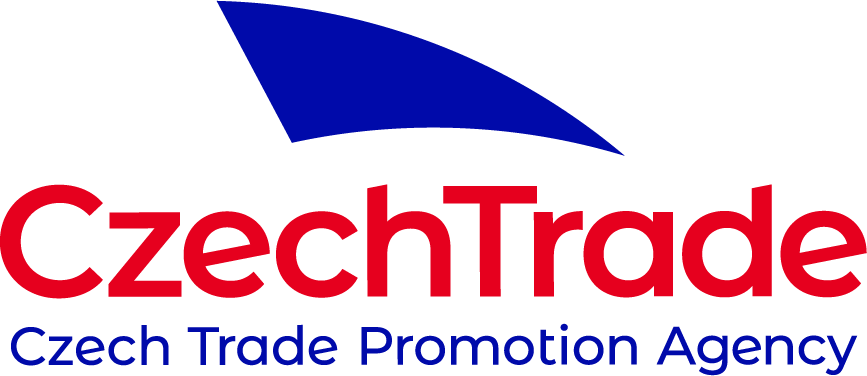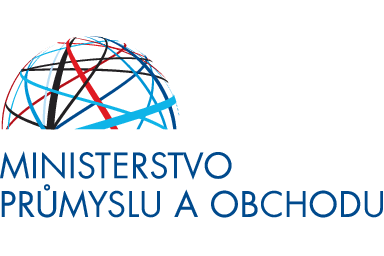Future of European Transport
The European Commission published the White Paper on Transport “Roadmap to a single European transport area – Towards a competitive and resource efficient transport system” on 28 March, 2011. It includes proposals to modernise and decarbonise transport sector in order to create a competitive and sustainable transport system.
The European Commission therefore prepared set of measures to establish genuine Single European Transport Area without internal barriers, to make transport safer and more secure, developing and supporting new technologies for vehicles and traffic management, break the transport system’s dependence on oil, intelligent traffic management or improvement of logistic and modernize the infrastructure and introduce smart funding. The reduction of the CO2 emissions´ production is not only focused on the road vehicles but also on other transport modes. The European Commission also intends to launch an European „green“ car initiative that will help promote new technologies through a mix of research, establishing of common standards and developing the necessary infrastructure support.
What does currently European transport sector lack? How to enhance competitiveness of the European transport sector? What should be done to create a genuine Single European Transport Area? Will the reduction of CO2 emissions jeopardize competitiveness of companies of transport sector? How to support and promote new technologies? Should be the policy framework for transport industry adopted at EU level?
These were only some of questions addressed by the below mentioned distinguished speakers during a debate that took place on 3 May 2011 at the Czech Permanent Representation.
Introduction:
- Mrs. Lucie ŠESTÁKOVÁ, Acting Permanent Representative of the Czech Republic to COREPER I, Czech Permanent Representation to the EU
Speakers:
-
- Mr. Gergely SULYOK, Economic analyst, DG MOVE , European Commission
- Mr. Jan NĚMEC, Expert on road and rail transport, horizontal transport issues, maritime and inland waterways transport, Czech Permanent Representation to the EU
- Mrs. Olga SEHNALOVÁ, Member of the European Parliament’s Committee on Transport and Tourism
- Mr. Marc BILLIET, Head of EU Goods Transport & EU Environmental Affairs Dept., IRU – International Road Transport Union
- Mr. Petr Jonák, Director of Corporate Communication, AWT Group
- Mrs. Anna CONSTABLE, Adviser for Internal Market Department, BUSINESSEUROPE
Useful documents
Pictures from the event
Press Release
European transport? Full modal integration and removing obstacles!
The European Commission published the White Paper on Transport in March 2011, document that includes proposals to modernise and decarbonise transport sector in order to create a competitive and sustainable transport system and to create a genuine Single European Transport Area without internal barriers. Over 35 participants representing European institutions, Member States and business sector agreed there is a need for concrete and better analysed measures in the paper as well as better cooperation between the EU and Member States on sustainability.
White Paper from 1992 opened the transport Market, White Paper from 2001 focused on rebalancing modes to fight capacity constrains whereas the 2011 White Paper “Roadmap to a single European transport area – Towards a competitive and resource efficient transport system” aims at putting transport into broader Europe 2020 perspective. Lucie ŠESTÁKOVÁ, acting Deputy Permanent Representative of the Czech Republic welcomed the participants and invited them to provide inputs and comments. “The Czech Republic welcomes the EC White Paper, especially the differentiation between various modes of transport and support to infrastructure across the EU”, said Jan NĚMEC, transport attaché from the Czech Permanent Representation to the EU “However, when talking about greening and sustainability of transport we have to make sure that we do not lose competitiveness”, added Němec. Gergely SULYOK, economic analyst from the European Commission stressed that transport is the backbone of the Internal Market and trade in general. The 2011 White Paper proposes 40 initiatives grouped in four headings marked with “i” – internal market, innovation, infrastructure and international. “Greenhouse Gas emissions from passenger transport count around 60% of EU transport emissions and 1/4 of total transport emissions comes from urban transport,” said Sulyok. Almost 96% of transport depends on oil and oil is expected to become more expensive. Therefore, there is a need for change of the transport system. Transport will need to use less energy, cleaner energy and need to exploit efficiently a multimodal, integrated and ‘intelligent’ network. Olga SEHNALOVÁ, Member of the European Parliament’s Committee on Transport and Tourism informed that the discussions in the EP are just starting. “There is a need for public and political support which will encourage all actors to participate in and cooperate on the creation of a Single European Transport Area,” stressed MEP Sehnalová.
“BUSINESSEUROPE supports the general objective of the White Paper to achieve sustainable transport” said Anna CONSTABLE, Adviser for the Internal Market Department. In this context a blend of initiatives is needed relating to infrastructure, transport vehicles and equipment, ICT solutions, network services and operational and administrative procedures. The emphasis should be on creating the conditions for effective co-modality and completing the internal market for transport – not a forced modal shift. Marc BILLIET, Head of EU Goods Transport and EU Environmental Affairs Department of IRU – International Road Transport Union stressed the White Paper lacks concrete measures. “The aims of earlier White Paper have not yet been fully achieved, we have to make sure we succeed this time,” said Billiet. „We need a resource-efficient transport system with all transport modes; forced modal shift does not work“, he outlined. It is important to increase efforts to reduce the environmental footprint of commercial road transport at source. Ambitions of the White Paper go into a good direction however they are far from the reality. The Member States keep their protective measures. ”When introducing locomotives to the Internal Market (only to four countries) we are confronted with burdensome red tape. We need to ease the access to the Internal Market by cutting red tape and enhance cooperation across the EU,” added Petr Jonák, Director of Corporate Communication Department of AWT Group. He stressed as well the importance of competitiveness while adopting new environmental legislation.
The event was organised by CEBRE, Czech Permanent Representation to the EU and AWT Group. For more information contact Michal Kadera, Director of CEBRE at Michal.Kadera@cebre.cz.





